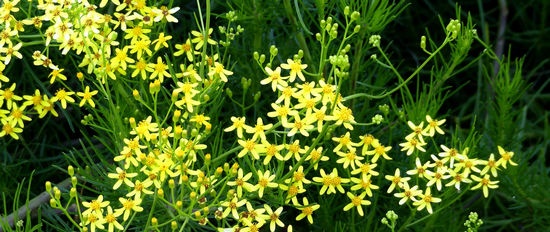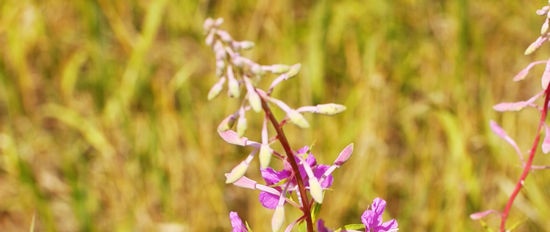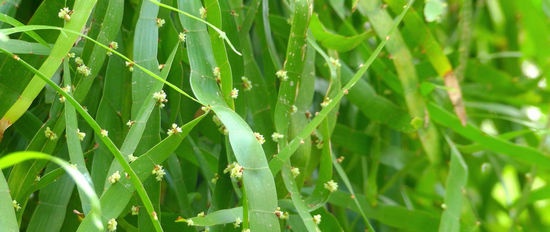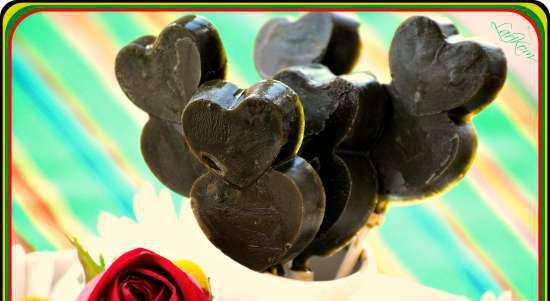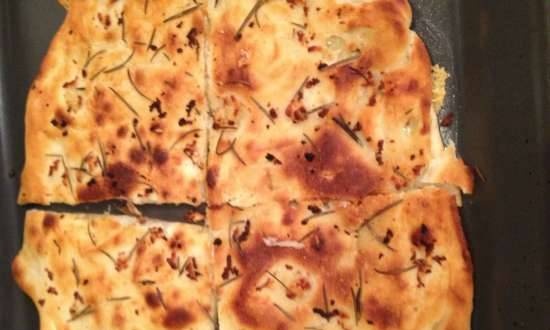Weed grass: hidden opportunities |
|
That is why the weeds are mercilessly weeded out, dug up, plowed, poisoned with chemicals. But they come to the world again and again and give birth to new generations. Nature has endowed the wild with rare resilience, strength, adaptability. And, it turns out, not in vain. We are talking about their extremely valuable qualities and properties that people have long sought to put into their service. Some plants served him as a source of additional nutrition, others contributed to an increase in the vital activity of the body, others were used as medicinal ones - for diseases and wounds, and others were used for household and economic needs. Even with the current advances in chemistry, many herbal preparations have not lost their practical value, and some (in modern medicine, for example) cannot be done at all. In our country, a huge work is being done to identify, study and introduce into practice various types of medicinal plants. A number of specialized state farms have been created to grow such crops. Nevertheless, the needs of the chemical-pharmaceutical industry for medicinal raw materials are not fully satisfied, and mainly at the expense of wild-growing ones. Every year workers of procurement organizations and their volunteers seek out and carefully collect invaluable gifts of nature so that hundreds of millions of people find health and strength. In this important and noble matter, gardeners can be of great assistance. After all, many types of medicinal herbs grow right on our site. We consider them weeds and destroy them indifferently, because we are not familiar with their useful properties. If there is a need, we buy drugs from medicinal plants at the pharmacy. But under the collective gardens, individual plots in our country, hundreds of thousands of hectares are occupied, scattered across literally all climatic zones. And if every gardener at mowing the site, digging, weeding, it will not be too lazy to select and process the necessary plants, how many of them will remain in the wild, how much time and effort will be saved and what the general benefit will be! Naturally, the yield of plant materials from one site is small. However, even in one gardening partnership, by the end of the season, a considerable amount of healing greens... Procurement organizations should never neglect such reserves. We also need extensive educational activities, lectures, conversations with the population, systematic work to promote advanced methods of cultivation, collection and primary processing of useful plants. At the same time, this will save many from the spontaneous preparation of medicinal herbs, the preparation of various infusions, decoctions from them, and their unreasonable use. Poor knowledge of the conditions for collecting, processing, storing plants leads not only to a decrease in the effect of using the drug, but can even cause negative consequences. Any medicinal plant is valuable only if it fully meets the stringent chemical and pharmaceutical requirements. No wonder each type of medicinal plants undergoes a comprehensive and thorough check in special institutes and institutions, and only after that it is recommended for use. But even then, drugs from medicinal plants should be used as prescribed by a doctor. The rare possibilities of the so-called weeds remain hidden only by inattentive, indifferent, indifferent glances, and with a person who understands and loves wildlife, wild-growing willingly share their amazing secrets. Nikulin F.E .-- Big Concerns of a Small Farm Similar publicationsRead nowAll recipesRead now |
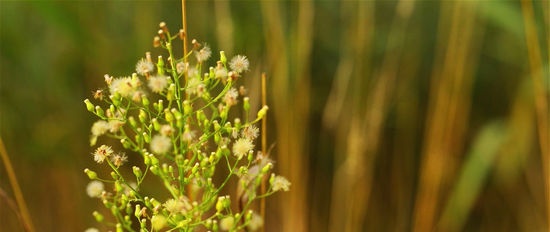 Plants-parasites, field eaters and backbones, green fire - as soon as people do not call weeds! And it is true: it has no place among agricultural crops - in a grain field, vegetable plantation, in a vegetable garden or in a garden plot.
Plants-parasites, field eaters and backbones, green fire - as soon as people do not call weeds! And it is true: it has no place among agricultural crops - in a grain field, vegetable plantation, in a vegetable garden or in a garden plot.